Gazerfollows Frankie Rhodes (Mastroianni), a woman with a rare condition that complicates her perception of time.
Prone to blackouts, this single mother religiously records her life on cassette tapes to fill in the blanks.
ARIELLA MASTROIANNI: Thank you.
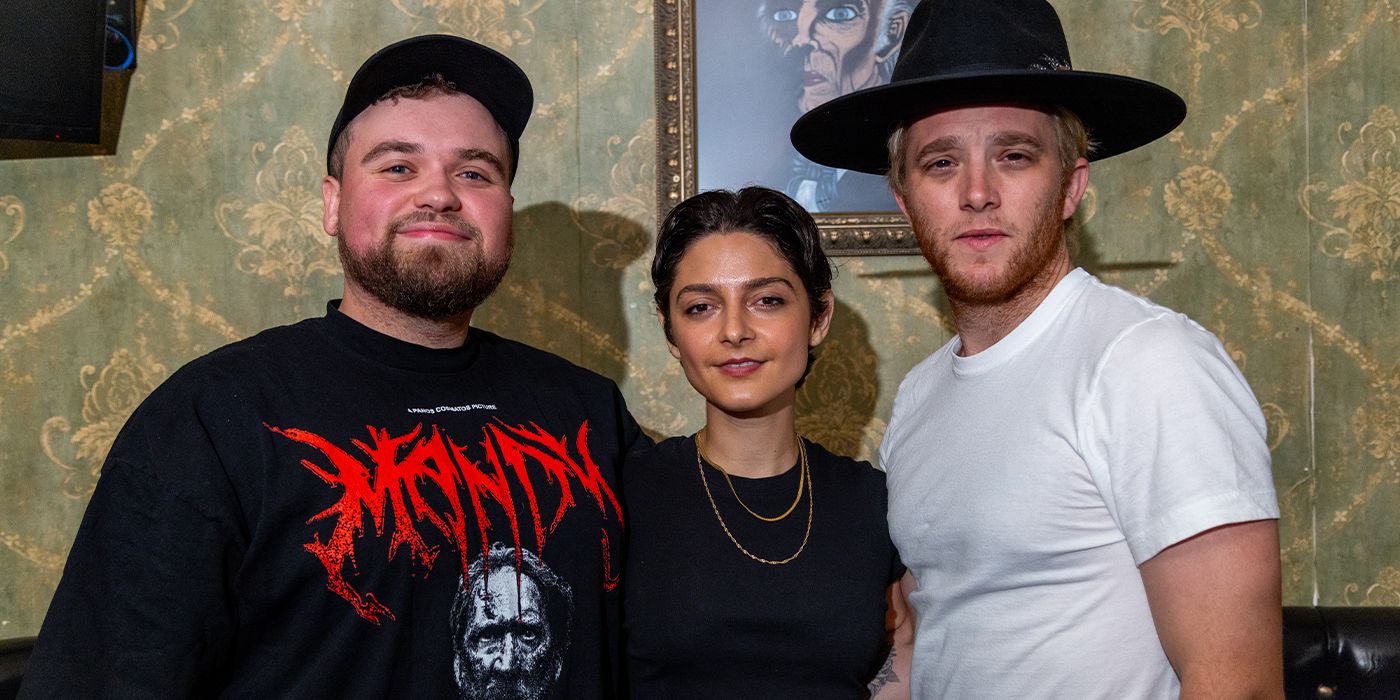
Image via Fantastic Fest
Ryan and Ariella, who wants to give a brief synopsis of the film?
She takes a job from a mysterious woman and suffers the consequences.
SLOAN: That’s a great question.
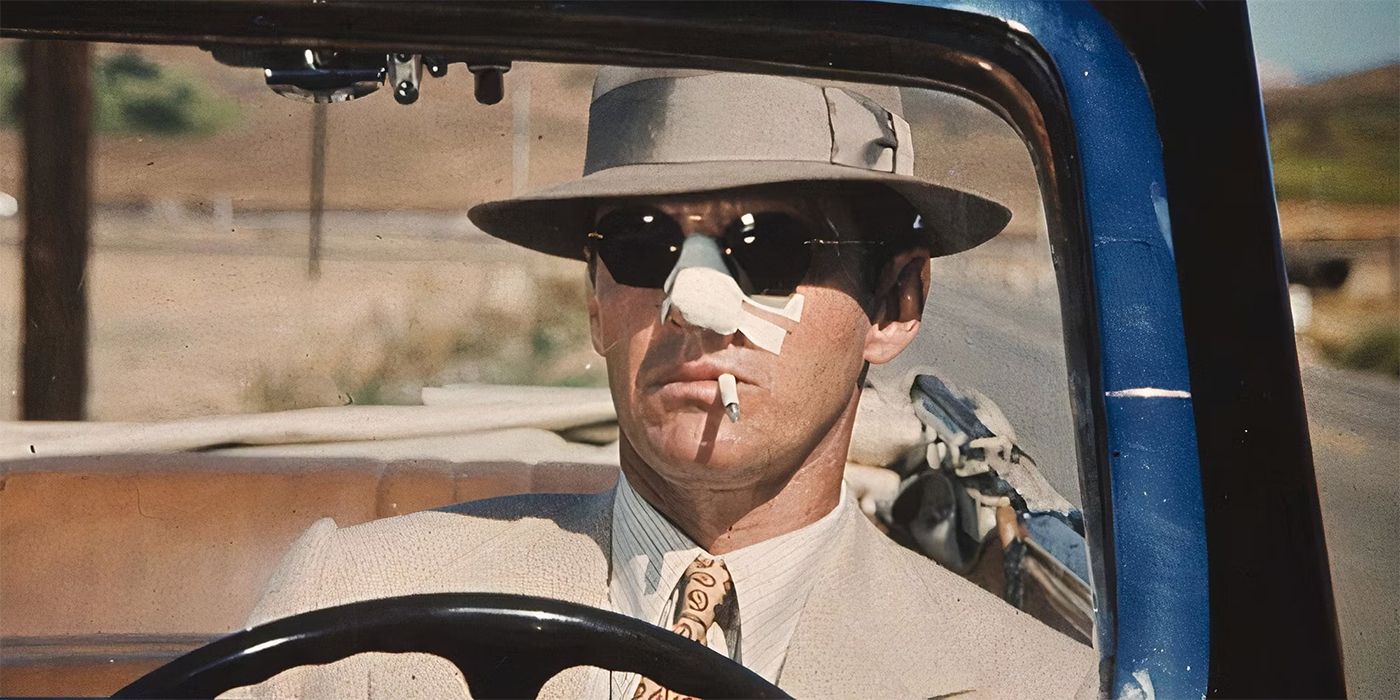
Image via Paramount Pictures
We met at a theater.
So, I knew right away when I met her that she was interested in acting and storytelling.
It wasn’t, unfortunately, until COVID and the world shutting down.
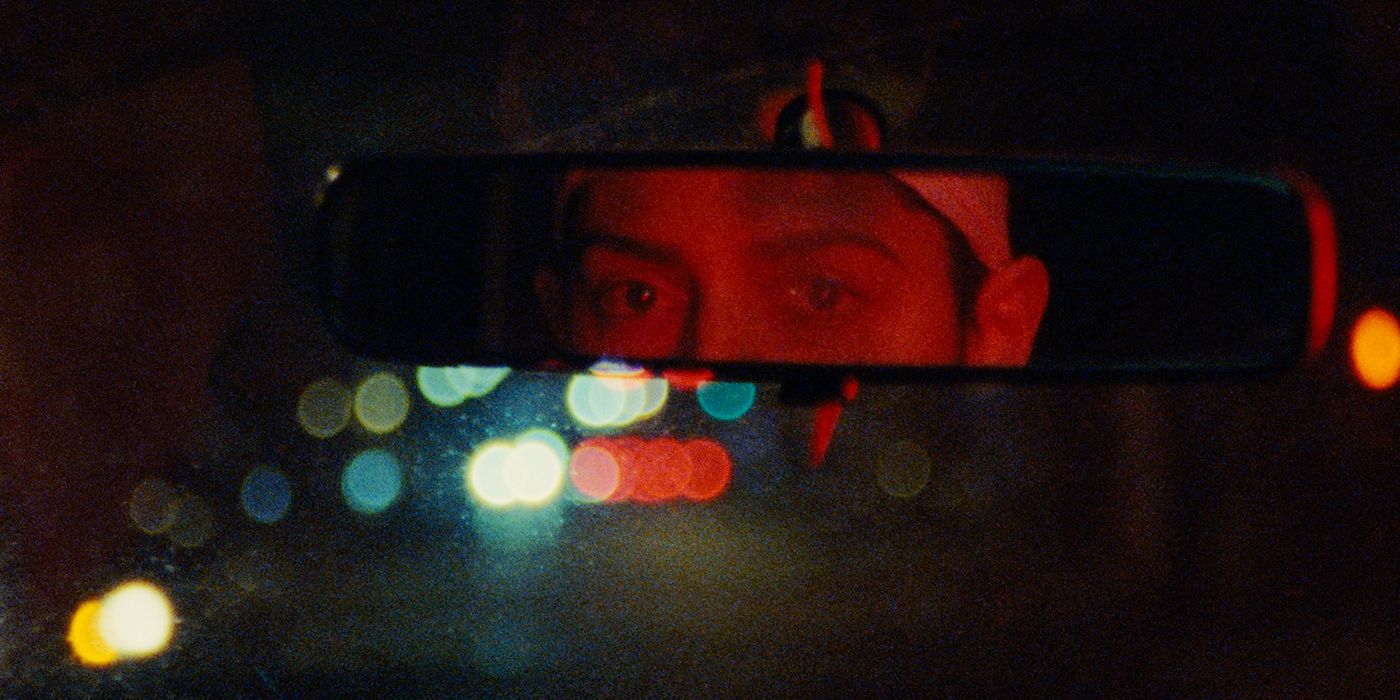
Courtesy of Metrograph Pictures
It took that for us to be like, Hey, man, what are we doing?
We gotta make something happen here.
MASTROIANNI: It was the kind of works that we were always connected on.
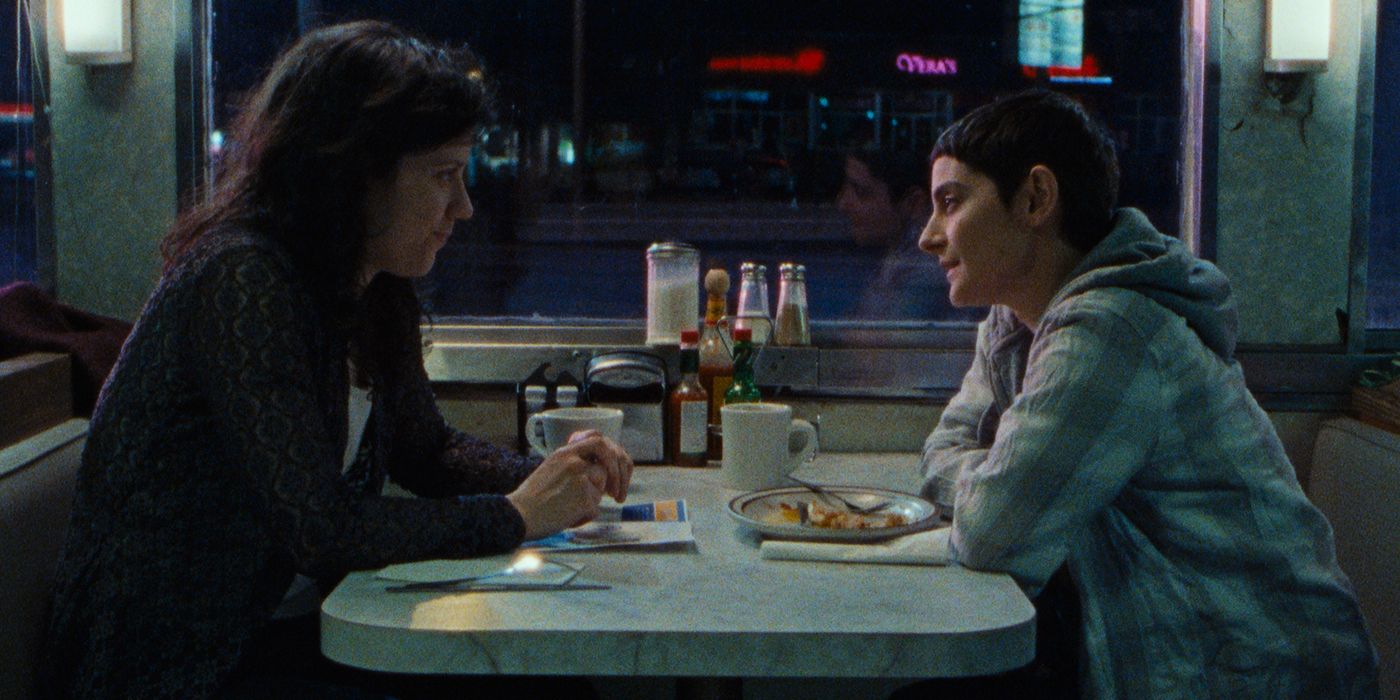
Courtesy of Metrograph Pictures
Honestly, I feel like those personalities are usually the most interesting and exciting to be around.
MASTROIANNI: We were like, You.
[Laughs]
SLOAN: I see you.
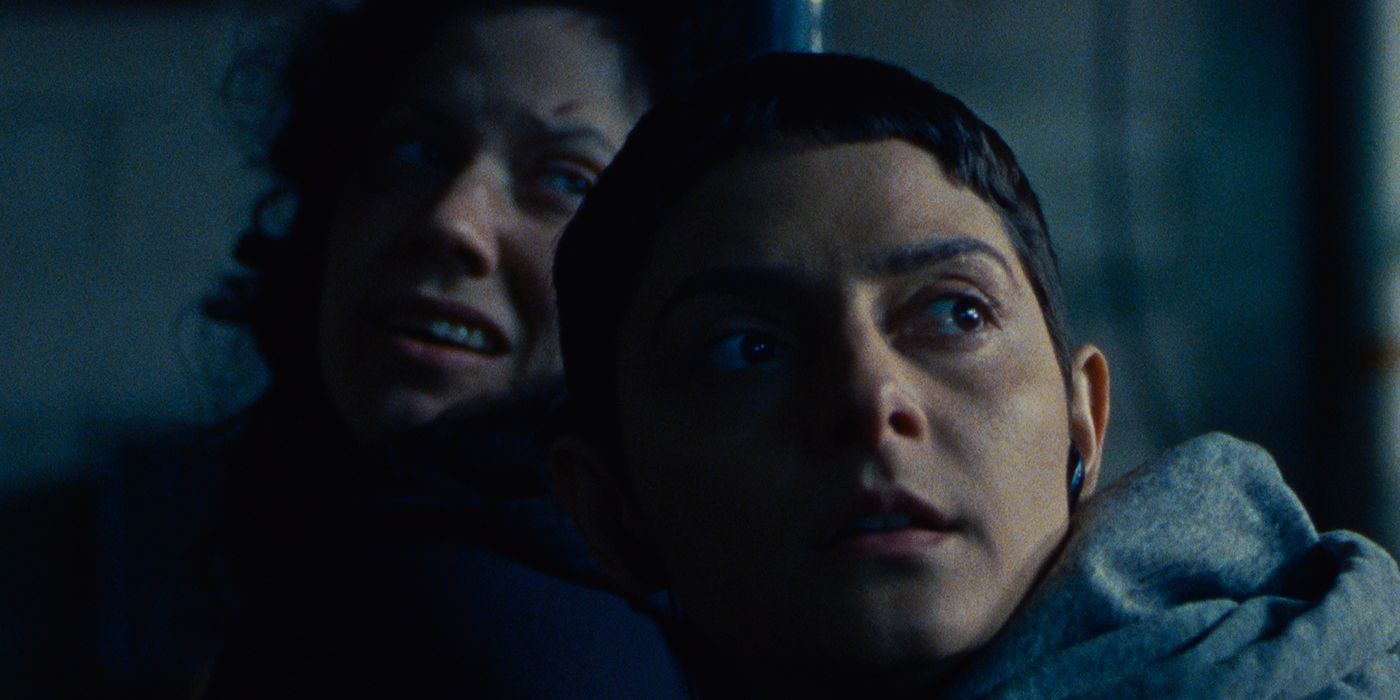
Courtesy of Metrograph Pictures
Where Did the Idea for ‘Gazer’ Come From?
SLOAN: We have two of those.
One of them was Paul Schraders [Man in a Room].
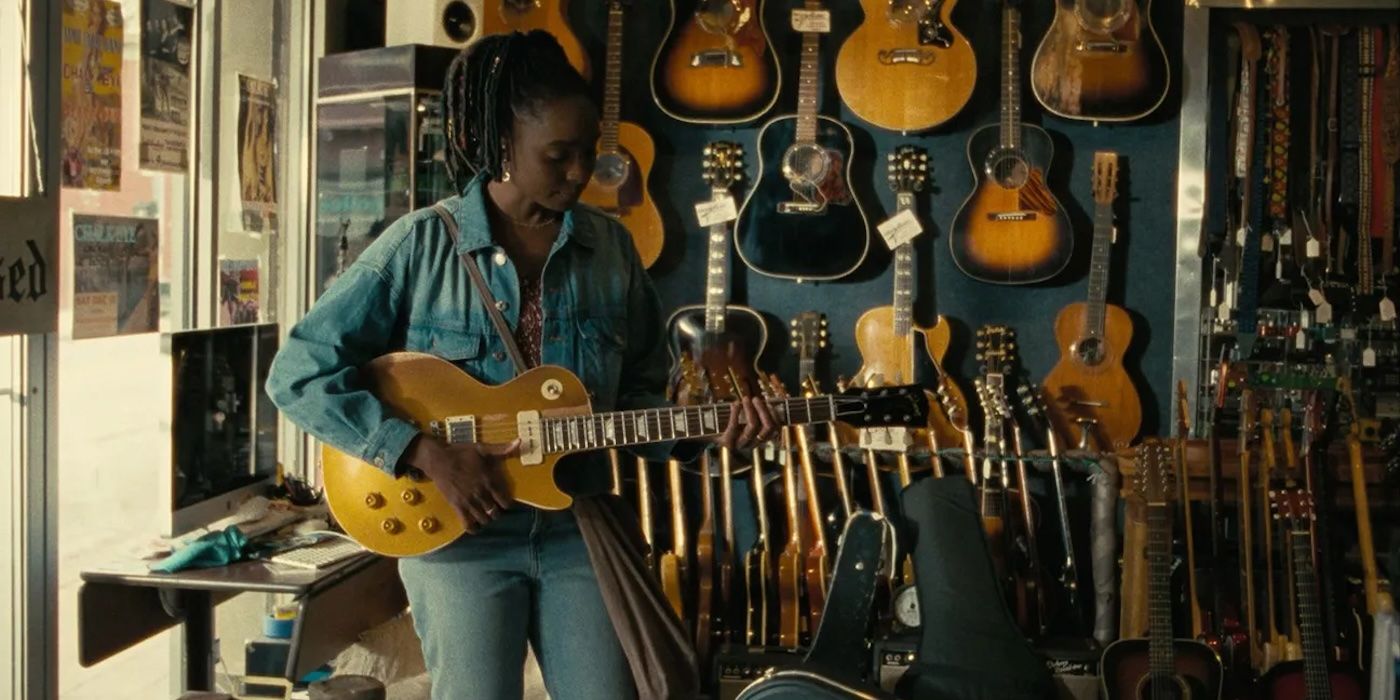
Image via IFC Films
MASTROIANNI: I dont know if that was the genesis of the idea, though.
But also, it wasChinatown.
You introduced me toChinatownand I became obsessed with that.
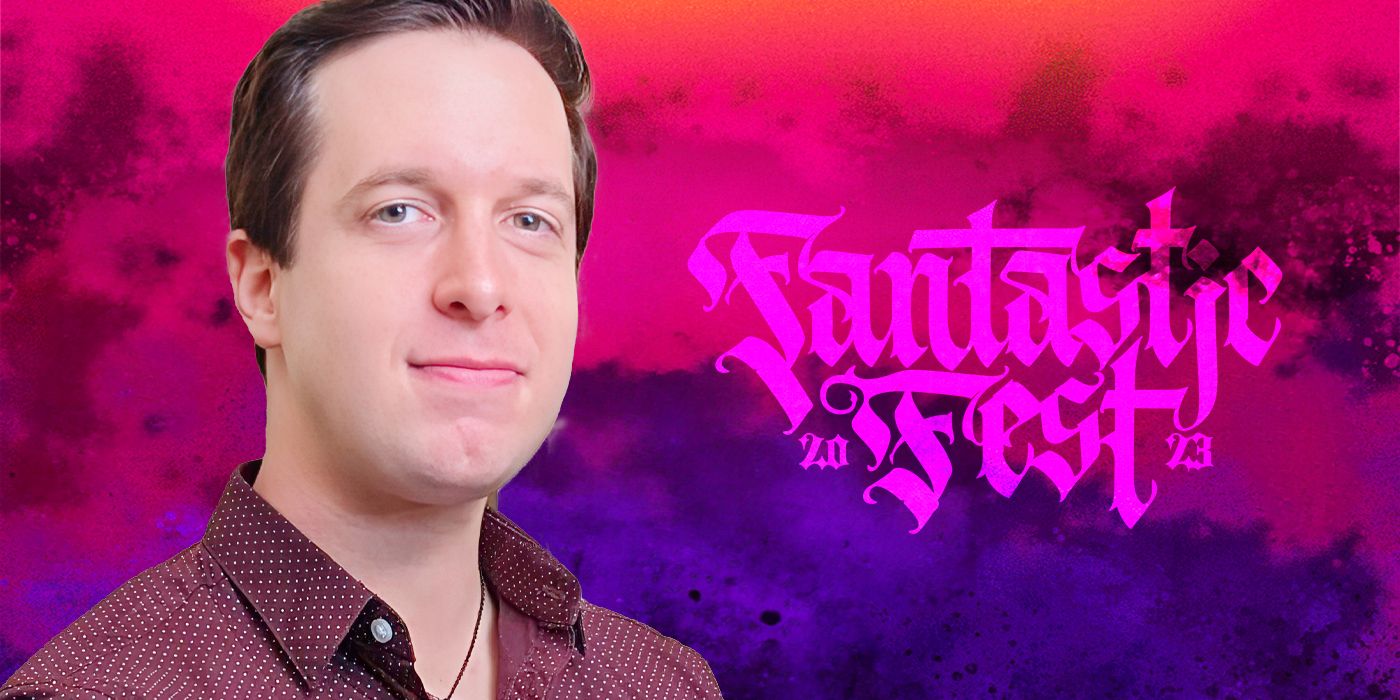
MASTROIANNI: Yeah,Blow-Up.
It was a lot of noir.
But I feel like that might have been more the jump-off than the cassettes.
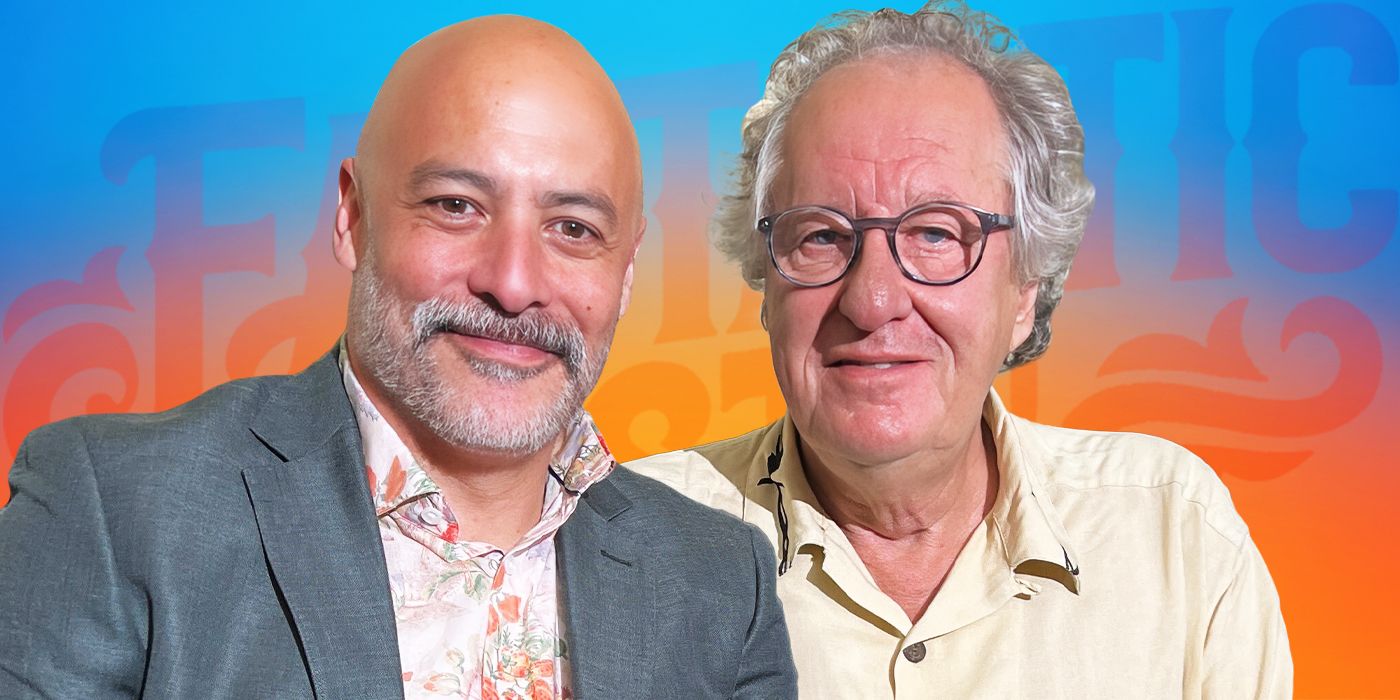
Was it finding the condition?
I don’t remember.
It was a lot of things at once.
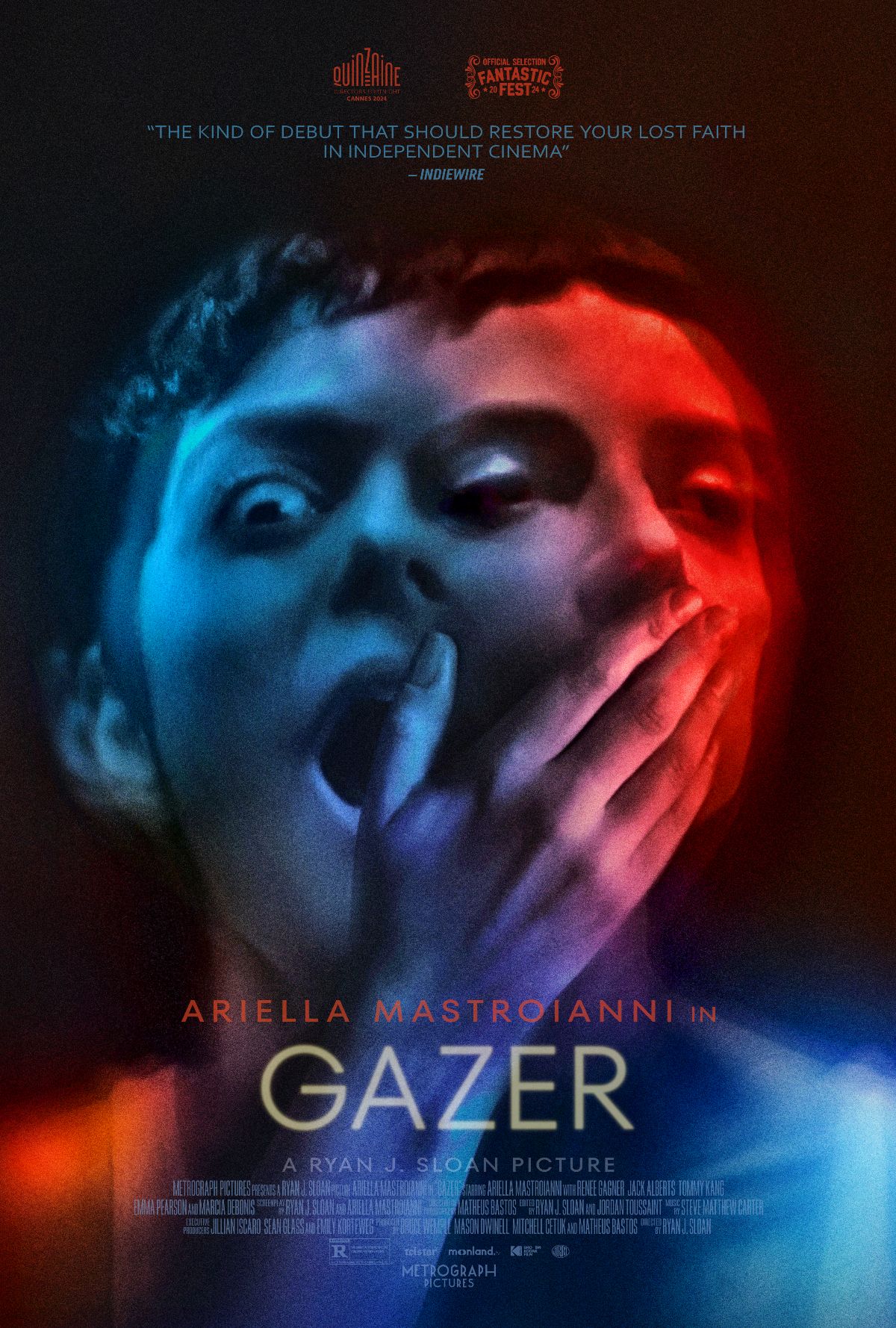
Frankie, a mother suffering from dyschronometria—a rare brain condition affecting her perception of time—takes a dangerous job to support her daughter. As paranoia grips her, Frankie’s new role leads her into a web of deception and murder, testing her ability to navigate reality and protect her family.
And Ariella was like, Ding, ding!
She’s like, Why don’t we make that in this movie?
And I was like, That’s never going to work.

But when he said that, I was like, We can introduce this element.
Like, wecanhave these things on screen and give the audience anchor points.
The next thing I want to ask you paves the way to Mat signing on.

Ariella has been working her butt off since she was a teenager, as well.
We were saving up money to do this for years.
Why don’t we give you a bunch of money?

It’s not gonna happen.
So, we were at the mercy of ourselves.
We had to take what we had and pour it into this.
MATHEUS BASTOS: This was our first feature together, all of our first feature.
We have done short films together, music videos together.
Ryan and I share a very interesting sort of tethered history.
We’re both in bands and never knew each other.
So, we end up on this short film, all working pro bono.
I sent you the script.
Let’s meet tomorrow.
It’s a neo-noir.
And, yeah, I was nervous.
Id played a little bit with shooting on celluloid.
Also, I was like, Oh man, what’s a first feature like?
I feel people put a lot of pressure on the first feature, but it just felt really right.
He’s like, I heard the same thing!
And it was all kind of like, I thinkeverything’s aligning, and it was meant to be.
People had to go on and move on with their lives.
And so that was like, Alright, I’m in.
On day one, we had no idea.
We weren’t imagining this on day one of shooting.
We were like, Are we going to finish the day?
MASTROIANNI: Did we get it?
BASTOS: As a cinematographer, all that I look for is a sense of vision, right?
Let’s jump to finding Frankie now.
Did you have that with Frankie, and if so, when?
Developing Frankie was interesting.
It was just the tool that we developed that helped me really kind of lock in.
That is areallybig deal.
I mean, I guess you should explain this.
I was like, We need to keep an eye on this, especially for him as a director.
SLOAN: And then, like Matt said, production continued on for years.
Finally, we got the film to a certain point where we were like, This is it.
I need to personally let go of this.
And I was like, Oh, when is the Fortnight submission due?
Cannes is in like a month and a half.
And I went online it was that day.
BASTOS: He mentionedGazerin that interview.
He said, I think he has a film calledGazer.
And a year later, here we are.
Yes, he did!
I truly will never forget it.
But now I am going to give you that same job.
You are sitting here this year.
Give me another cinematographer who I could cross paths with down the line.
Her name is Lauren Guiteras.
She was the DP of a film that came out recently calledDandelionwith IFC films.
She is a warrior for cinema.
She is all about world cinema, independent films.
She’ll go make movies in the millions range and go make a movie for under half a mil.
I always say, You’re my indie narrative confidant, and she does the same for me.
So, I want to give Lauren a shoutout.
For each of you, what was the single moment of makingGazerthat brought you the most joy as artists?
MASTROIANNI: Oh my god.
BASTOS: My mind’s racing through, like, two years.
This year, that year, this year, that year.
I think I have one.
It was less of an on-set moment but just prior to on-set.
Because we were shooting on film on such a low budget, we didn’t have dailies.
I was overseas, and this production had some unfortunate things happen, and I was feeling really down.
Here are some stills from the movie.
We’re making a movie.
All I wanted in that moment was, I wanna go home and finish this movie.
SLOAN: Little did he know he’d have to wait six months.
[Laughs]
What a beautiful answer.
“John’s probably more of a Joan Crawford to my Bette Davis.”
He was like, Oh my god, oh my god!
This is a breakthrough.
That moment was such a crucial turning point in the script development.
Then, I think on set, we would end every night with a movie.
SLOAN: Thats what I was gonna say.
MASTROIANNI: We would watch movies together.
SLOAN: We would stay up late, and Ariella would yell at us all night to be quiet.
MASTROIANNI: [Laughs] Thats true!
I was like, I do have to go to bed.
He was our curator.
SLOAN: There was one night where I programmed the film that was not in the world ofGazer.
It was calledHouseand it was one of the greatest experiences of our lives.
BASTOS: It was like a core memory.
SLOAN: It was a lot of our first time watchingHouse.
MASTROIANNI: We were eating Cuban food, sitting on the ground.
SLOAN: Everything we did over the past four years has been in service of this film.
So, we rented our apartment based on it being a location for the movie.